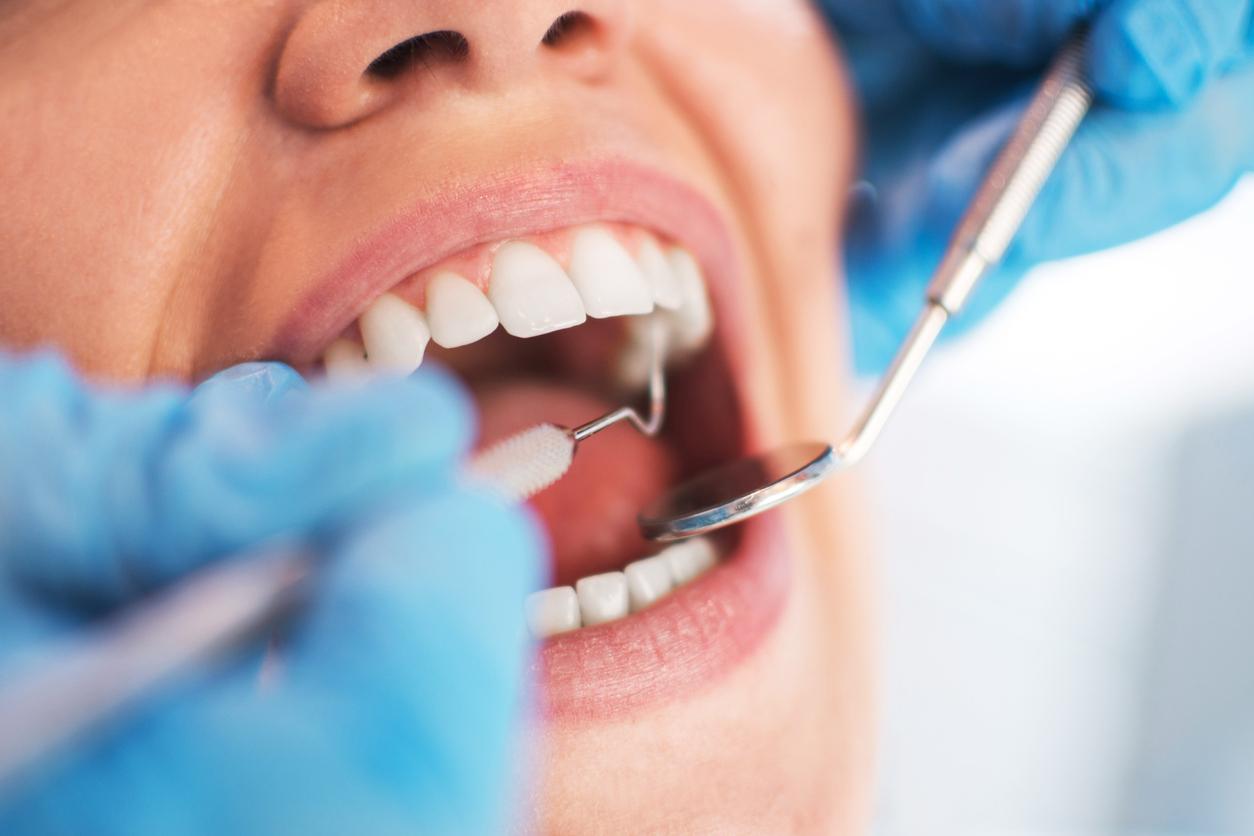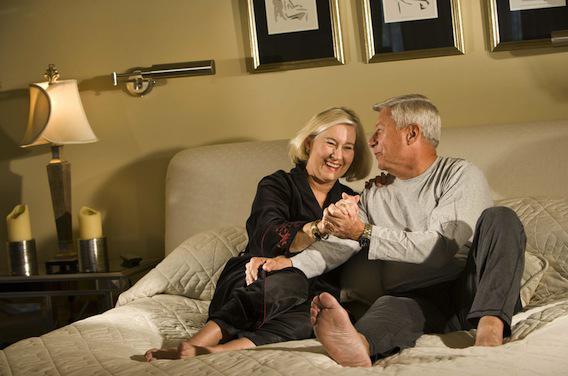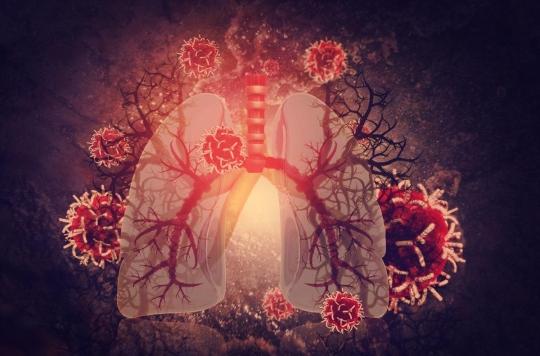Over the past decade, the share of people seeking health information online has grown in almost all EU Member States. A phenomenon that some now call “Cyberchondria”.

- In France, 56% of those polled by Eurostat admit having carried out their own medical diagnosis mainly via Google or, to a lesser extent, via one of the competing search engines.
- 43% of French children aged 0 to 2 already watch the Internet.
According to a new studymore and more Europeans are more likely to consult the Internet than their doctor to try to find out what their symptom(s) correspond to or to obtain information in the field of health.
The Finns are the most “cyberchondriacs”
Thus, one in two European citizens (55%) aged 16 to 74 declared to Eurostat that they had looked online for information concerning, for example, injuries, illnesses or even food.
The proportion of people obtaining information about their health online for private purposes varied according to the Member States of the European Union. In 2021, the highest share was recorded in Finland, where 80% of citizens searched online for health-related topics in the last three months preceding the survey, followed by the Netherlands (77%), Denmark (75%) and Cyprus (74%). On the other hand, the least “cybercondriac” countries are Bulgaria (36%) and Romania (40%), followed by Germany (45%) and Poland (47%).
Strong progress
“Over the past decade, the share of people seeking health information online has grown in almost all EU Member States, with an overall increase of 17 points since 2011 (38%),” can also be read in the report. The largest increases in the number of people gleaning health data online were recorded in Cyprus (+46 points), followed by the Czech Republic (+33 points), Malta (+32 points) and Spain (+ 31 dots).
Let us conclude this article all the same by recalling that it is necessary, in the event of abnormal manifestations at the level of the body and the spirit, to consult a general practitioner quickly, preferably visually.















